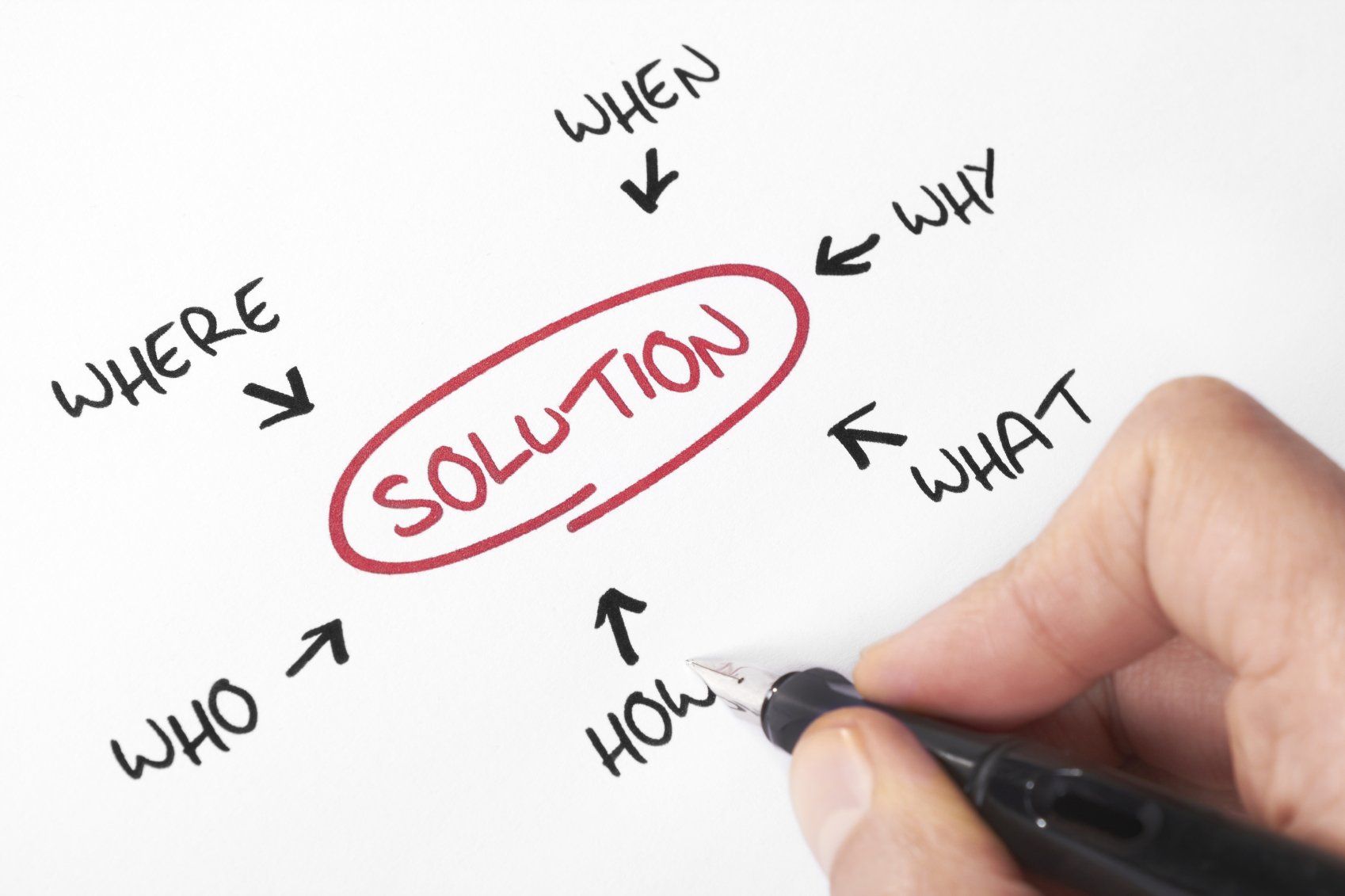Visualization - A neurological reality
What is visualization and how does it work?


"Imagination can be a powerful tool in overcoming phobias
or post-traumatic stress"
This new "BRAIN IMAGING STUDY" confirms that regions of the brain related to the execution of an act that was imagined got activated after a visualization session, which suggests that visualization or imagination is a “neurological reality” that can impact our well-being.
In other words, Visualization can be used as an effective tool to consciously re-condition or rewire our brain, and help us see and feel our life from a different and wider perspective, to help us achieve our goals through mental vivid imagery by making the brain see, hear and feel the success and act accordingly; and to help us understand a situation and learn how to deal with it before it happens, by visualizing it, looking to it from different angles, allowing ourselves to consciously choose how to act or feel towards it, and mentally rehearse our intended action to it.
Through visualization, we are consciously guiding our attention in a specific direction for a specific result that we would like to achieve, which results in what is called “Neurogenesis” which is the formation and growth of new neurons in some of our brain areas, and Synaptogenesis which in a very simplified way means creating new connections between neurons - the two pillars of Neuroplasticity, or in other words, the ability of our brain to re-organize itself as a result of learning, experience, and memory formation, or as a result of damage to the brain.
Our brain can’t always distinguish between a memory and a vision of the future as the following study called "The Future of Memory: Remembering, Imagining, and the Brain" suggests; therefore through visualization, our brain adopts the new “actions” and helps us integrate them in our daily life, in other terms, when we envision an end goal, we, in partnership with our brain, can work to manifest it in real life.
This doesn’t mean that by sitting cross-legged on the couch imagining the future, things will unquestionably happen within the next few days or weeks.
To make things happen, willpower and persistence are the main keys, as Richard Bach puts it “You are never given a dream without also being given the power to make it come true. You will have to work for it, however”.
The power of thought, combined with emotions and strong intent, are the main ingredients of the Elixir of success!
Think of it as an electric bicycle. An electric bicycle helps a person reach their destination but doesn’t take them there by itself, the person needs to keep pedaling - creating the initiative - and the bicycle’s battery role here is to increase the effect of each action, so one reaches faster and with less effort.
Want some inbox love?
Join my mailing list!




















